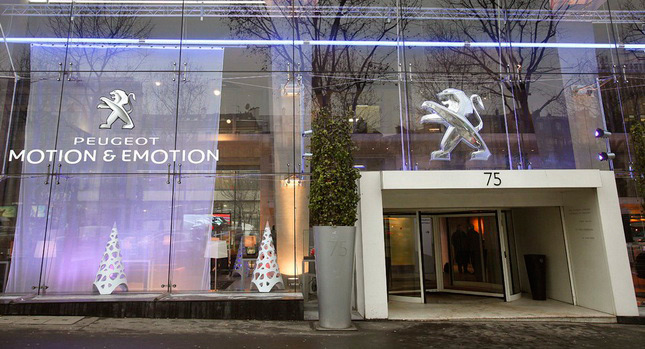Peugeot shares were first listed in Paris in 1925 and have traded since then. NYSE Euronext’s decision to remove PSA Peugeot Citroen, Europe’s second largest automotive group after VW, from its CAC 40 index and replace it with chemical and plastics maker Solvay SA on September 24, is therefore bound surprise the industry.
The seven-member NYSE Euronext scientific board reviews companies’ number of shares available as well as market capitalization and revenue trends every quarter.
Currently, Peugeot shares have been trading at a 26-year low, with the automaker announcing a €819 million (US$ 1.04 billion) net loss in the first half of the year. Its CEO, Philippe Varin, admitted in July that the carmaker is bleeding €200 million (US$250 million) each month.
Peugeot spokesman Jean-Baptiste Mounier declined to comment on the stock exchange decision.
NYSE Euronext said that the board “picks the most representative stocks”. Obviously, after losing more than 60 percent of its value in the last 12 months, PSA is no longer included in that list.
“Peugeot has been the weakest weight in the index for several quarters now” BMP Paribas quantitative analyst Christophe Wakim said in an interview with Bloomberg TV before the decision. “It’s just the reflection that Peugeot, unfortunately, has destroyed value for its shareholders”, he added.
After the announcement, Peugeot stock declined by as much as 3.1 percent, with BNP Paribas noting that companies that are removed from the CNC 40 index usually under-perform by an average of 15 percent the next year.
On the other hand, CM-CIC Securities analyst Florent Couvrer told Reuters “its shares are indeed very low but their price could double quickly if macroeconomic conditions improved.”
Presumably, Varin and the 100,000 people employed by PSA Peugeot Citroen, sure hope that this happens sooner rather than later.
By Andrew Tsaousis
Story References: Washington Post
PHOTO GALLERY








